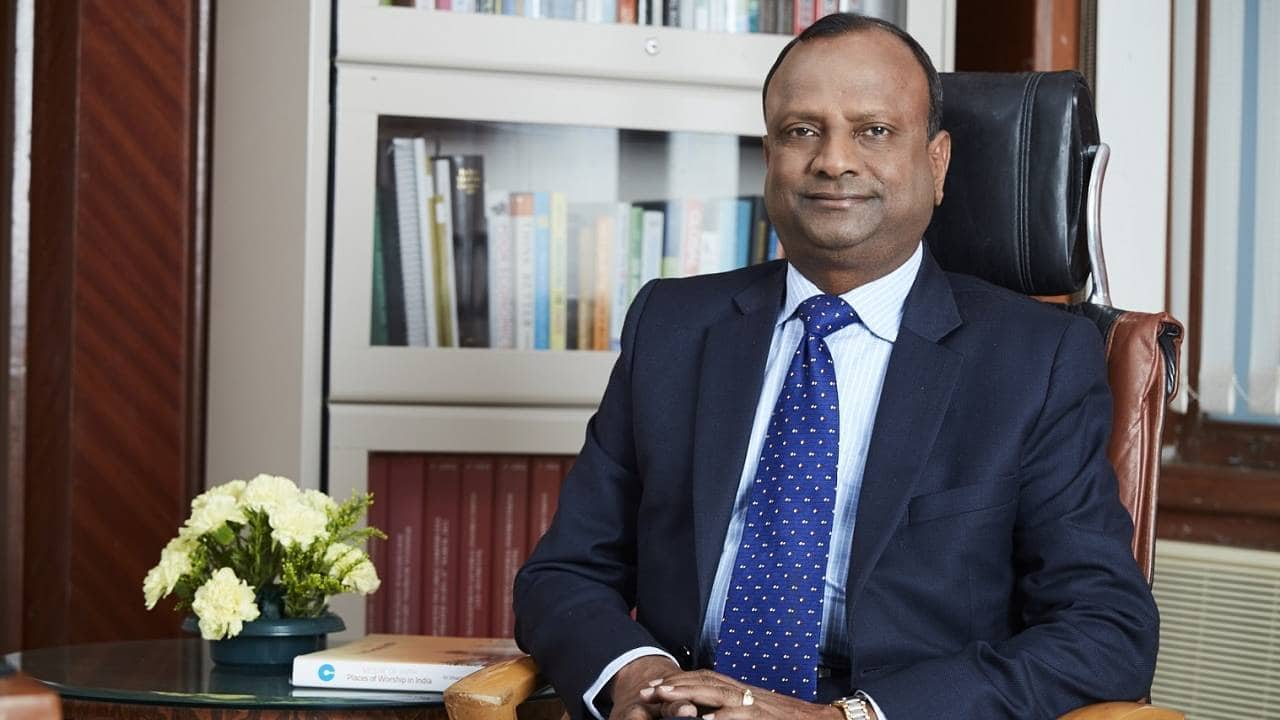Over the years, the G20 has become a premier platform for global economic co-operation, particularly during difficult times. It gained its importance due to its success in containing the negative economic consequences of the sub-prime crisis, and later the Eurozone crisis.
Now, when the world is dealing with the economic consequences of COVID-19, the platform has again become important. Due to the economic, and political weight of its members, policy co-ordination at G20 could help the world in dealing with pandemic-related health and economic issues.
Apart from health and economy; Climate Change and sustainability dominated almost every meeting including the bilaterals. Leaders recognised that the post-pandemic robust recovery could provide a good opportunity for a global green transition. Despite economic disruptions created by the pandemic, a significant part of the 2030 agenda for sustainable development could still be achieved through collective action by G20 members. Fairer international tax systems, disruption in supply chains, support to vulnerable countries, and food security figured prominently in discussions.
The summit declaration recognises COVID-19 immunisation as a global public good. To strengthen national health systems, the G20 has also set up a Joint Finance and Health Task Force. The One Health approach proposed by the summit is very close to ‘One Earth, One Health’ vision outlined by Prime Minister Narendra Modi. He also asserted that India is likely to produce 5 billion vaccines next year.
During this difficult transition, India could emerge as an important player in helping the world in creating reliable supply chains. Robust and equitable Indian economic growth could also help the world achieve the Sustainable Development Goals by 2030.
On the side-lines of the G20, Modi had bilateral meetings with the leaders from the EU, France, Germany, Indonesia, Singapore and Spain. In an important bilateral summit with Italy, an Italy-India Strategic Partnership in Energy Transition was launched. Both countries also agreed to further improve investment linkages in textiles, food processing, automotive, and renewables.
The significance of Modi’s meeting with Pope Francis cannot be underestimated. In the last few years, many stories have appeared in the western media that minorities in India, including Christians are under stress. When the world media was focused on Rome, Modi’s meeting with the Pope would have strengthened India’s credentials as a secular, multi-religious and multicultural society.
Apart from bilateral relations between the Holy See and New Delhi, they also discussed the pandemic and its consequences, India’s vaccination programme, and Climate Change. Many earlier Prime Ministers including Jawaharlal Nehru, Indira Gandhi, IK Gujral and Atal Bihari Vajpayee visited the Vatican. Still, no Prime Minister met the Pope in the last two decades. Similarly, the last visit by the Pope to India was in 1999. Christians are the third largest religious community in India.
Soon India will join the ‘G20 troika’ with Italy and Indonesia, which comprises past, present and future G20 chairs. So, many of the issues discussed in 2021 and 2022 will continue to be on the agenda in 2023 when India will host the G20 summit. Still, every presidency has also tried to add new elements to discussions.
In recent years, India has been able to bring issues concerning Doha Development Agenda, quality infrastructure, international labour mobility, and global action against terrorist financing to G20’s agenda.
Interventions by former Prime Minister Manmohan Singh at earlier summits focused on global economic conditions, and how developing countries and emerging markets should be equal partners in global economic governance. In contrast, Modi has underscored mainly India’s strengths, and policies initiated by his government.
The forthcoming Indian G20 presidency will provide an opportunity for India not only to project itself as an important player in global economic governance, but also redefine some of the rules of the global development agenda.
Economic effects of the pandemic are likely to be felt even in 2023. Although the most-advanced economies are expected to return to pre-pandemic trend path in 2022, it will take some more years in the case of a large number of developing countries.
From the beginning, New Delhi has been voicing concerns for the larger developing world at G20. Their concerns may not be homogeneous, still India will have the responsibility to bring some of their concerns prominently on the agenda. New Delhi can re-energise the development agenda initiated by the South Korean presidency earlier. Sustainable connectivity could also find more significant focus during the Indian presidency.
Gulshan Sachdeva is Chairperson, Centre for European Studies & Coordinator Jean Monnet Centre of Excellence, Jawaharlal Nehru University.
Views are personal and do not represent the stand of this publication. 



























